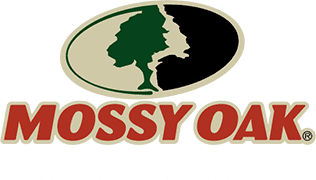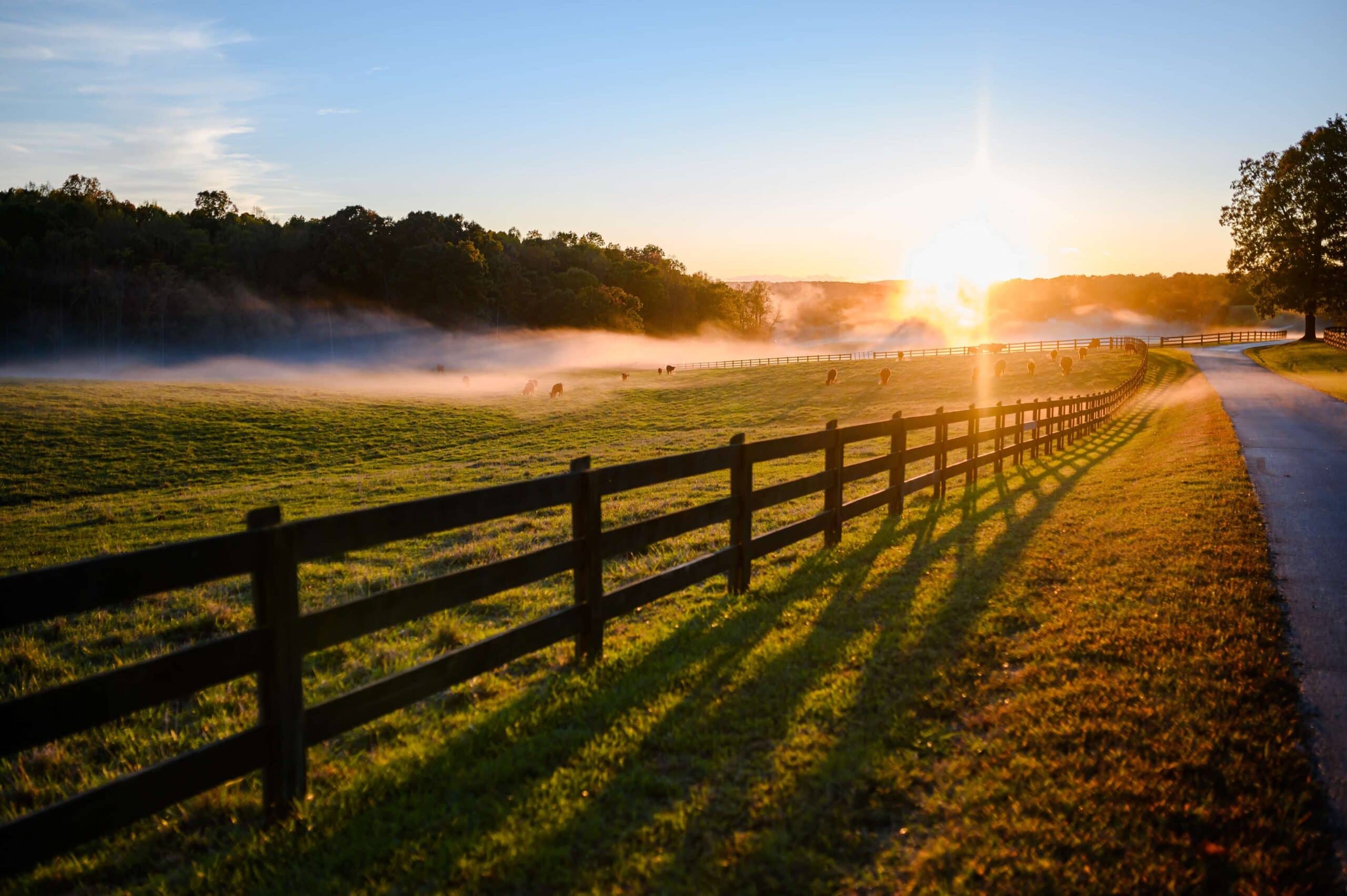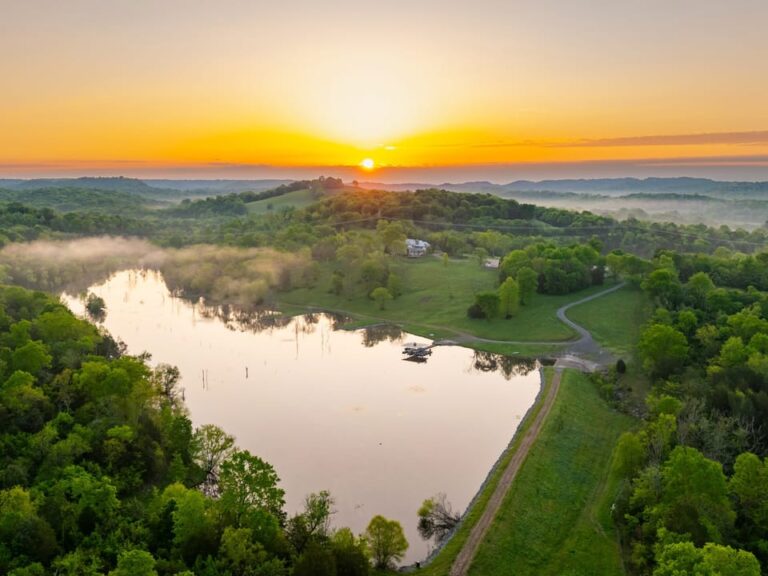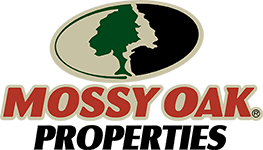How a Family Land Trust Helps Families Keep Their Land
A grandfather spends 40 years building up 500 acres. He hunts it, farms part of it, and always planned for his grandkids to do the same. Then he dies without a plan. The land goes to his three adult children. Two of them want to keep it in the family. The third one lives across the country and just wants cash.
Any one of those three heirs can walk into a courthouse and file what is called a partition action. The court does not care about decades of family history. If the heirs cannot agree, the judge orders the whole property sold at auction. Everyone gets their share of the proceeds, and the land leaves the family forever.
This happens more often than most people realize. Research published by the American Economic Association estimates that between 1920 and 1997, Black farmers alone lost approximately $326 billion in land value, largely due to inheritance issues like this. The U.S. Department of Agriculture has identified these ownership tangles as the leading cause of involuntary land loss among rural families.
A family land trust exists to prevent this exact scenario.
How Families Lose Land
The Partition Problem
When property passes to multiple heirs without a clear plan, each heir owns a fractional share of the whole parcel. Not a specific section. A percentage of everything. This is called undivided interest.
Courts treat the right to partition as absolute. Any co-owner, no matter how small their share, can force a sale if physical division proves impractical. One unhappy heir can undo generations of work. Real estate speculators know this. They buy out one distant cousin for a few thousand dollars, then use that tiny ownership stake to trigger a courthouse auction. The family loses everything.
The Probate Drain
When property passes through a will, it must go through probate. This court process validates the will, inventories assets, pays debts, and distributes property to heirs.
Probate creates three problems:
It is public. Anyone can look up the records and see exactly what you owned and who inherited it.
It is slow. Simple estates typically take 6 to 12 months. Contested estates can drag on for years.
It is expensive. Probate typically costs 3 to 7 percent of the estate value. In California, for example, statutory fees are set by law based on the gross value of the estate. On a $500,000 estate, the statutory fees alone total $26,000 ($13,000 for the executor and $13,000 for the attorney), not including court filing fees and appraisal costs.
Here is the part that catches families off guard. Statutory fees are based on gross value, not equity. If you own a farm worth $900,000 with a $700,000 loan against it, your equity is $200,000. But probate fees get calculated on the full $900,000.
What a Family Land Trust Actually Does
A family land trust is a legal structure that holds title to real property on behalf of family members. The land does not belong to any individual person. The trust owns it. The family members own beneficial interests in the trust.
When you transfer land into a trust, the deed changes. The property records will show the trust as the owner, not your personal name. But you still control what happens to the land through your position within the trust structure.
The Three Roles
The Grantor creates the trust and transfers property into it. If you own the land and set up the trust, you are the grantor. You decide the rules.
The Trustee manages the trust and carries out the instructions. This person handles paperwork, signs documents when necessary, and makes sure the trust operates correctly. Think of the trustee as the driver.
The Beneficiary receives the benefits. These are the family members who enjoy access to the land, receive income from it, or will eventually inherit it. Think of beneficiaries as the passengers.
In many revocable living trusts, one person fills all three roles during their lifetime. You can create the trust, manage it yourself, and benefit from the land. When you pass away, successor trustees and beneficiaries step in according to the instructions you wrote into the trust document.
What Changes
Property held in a land trust generally does not go through probate. The successor beneficiaries named in the trust document take over directly. No court involvement. No public records. No waiting.
Your personal name stays off public property records. The trust name appears on the deed instead. This privacy eliminates unwanted calls from developers and marketers who scan deed records looking for potential sellers.
Because each heir owns a beneficial interest in the trust rather than a direct interest in the real estate, partition rights are not available. No single heir can force a sale against the wishes of the family. The trust document controls what happens to the land.
Revocable vs. Irrevocable Trusts
The biggest decision you will face is choosing between a revocable trust and an irrevocable trust. The difference comes down to one question: How much control are you willing to give up?
Revocable Trust
You can change the terms, add property, remove beneficiaries, or dissolve the whole arrangement at any time during your lifetime. Most people who set up basic estate plans use revocable trusts because they want to maintain control while they are alive.
The tradeoff is that a revocable trust does not offer asset protection from creditors or lawsuits. The IRS still treats the property as yours for tax purposes. If you end up in a nursing home and need Medicaid, the land may still count against you. When you die, the revocable trust becomes irrevocable. That is when the real protection kicks in for your heirs.
Irrevocable Trust
Once you sign the property over, you cannot modify or dissolve the trust without permission from the beneficiaries. You give up control in exchange for protection. Because the property no longer legally belongs to you, it is generally shielded from claims against your personal assets. If your estate exceeds the federal estate tax exemption, an irrevocable trust can help remove assets from your taxable estate.
The federal estate tax exemption is $15 million per person in 2026, up from $13.99 million in 2025. For married couples, this means up to $30 million can pass to heirs free of federal estate tax. While a "sunset" provision was originally scheduled to slash these limits in half this year, new federal law made the higher exemption permanent. As a result, the vast majority of families will not hit this threshold.
Which One Makes Sense
For most families preserving hunting land or working ranches, a revocable land trust offers better balance. You maintain flexibility during your lifetime. The trust becomes irrevocable when you die, protecting your heirs from partition actions and probate.
If you want total control to sell the land tomorrow, you want a revocable trust. If you want to protect the land from nursing home costs, lawsuits, or creditors during your lifetime, you need an irrevocable trust.
Feature
Revocable Trust
Irrevocable Trust
Protection from Creditors
No
Yes
Ability to Change Terms
Yes
No
Tax Benefits
None
Potential estate tax reduction
Control During Your Lifetime
Full
Limited
Mortgages and the Due-on-Sale Clause
If you have a mortgage on your land, you need to think carefully before transferring it into any trust. Most mortgage contracts contain a due-on-sale clause that allows the lender to demand full repayment if you transfer the property to a new owner.
Federal Protection
The Garn-St. Germain Act provides an exception for most family trust transfers. You can transfer your primary residence into a revocable living trust without the bank calling your loan due, as long as you remain a beneficiary of the trust and continue living on the property. The Act also exempts transfers of property to children. Parents can create estate plans knowing the mortgage will not be foreclosed solely because they passed away.
Where Protection Gets Thin
Commercial & Farm Loans: The Garn-St. Germain protections specifically apply to "residential real property containing less than five dwelling units." If you have a commercial loan or a farm loan on raw land, you likely do not have this federal protection.
Irrevocable Trusts: If the grantor is not a beneficiary, the lender may be able to enforce the due-on-sale clause.
LLC Transfers: The Act does not protect LLC transfers. If you transfer mortgaged land to a Limited Liability Company, you could trigger the due-on-sale clause even if you own 100 percent of the LLC.
What to Do
Call your lender before you sign any deed. Most banks will provide written confirmation that a transfer to your family trust will not accelerate the loan. Getting that in writing protects you from confusion down the road.
When a Trust Makes Sense
Good Candidates
Multiple heirs who might not agree on what to do with the land. The partition risk alone justifies the planning.
Property with significant recreational value. Hunting camps, fishing properties, and family retreats are exactly the kind of assets that get sold off when heirs cannot agree.
Land that generates income from timber, leases, or agriculture. The trust can specify how that income gets distributed and reinvested.
High liability risk from the property. Hunting properties, farm operations, and properties with water access all create potential for lawsuits.
Land in multiple states. Without a trust, your heirs might have to open separate probate cases in every state where you own property.
Poor Candidates
A single heir who will inherit everything outright. The partition risk does not exist when there is only one owner.
Plans to sell the property soon. The cost of setting up the trust will not pay off if you are cashing out within a few years.
Land with low value and no sentimental importance. The legal fees might exceed what the property is worth.
The Land Side of Legal Planning
Attorneys draft trust documents, but most have never negotiated a timber sale or dealt with a fence line dispute. A trust needs to account for real decisions like who approves logging contracts, how hunting lease income gets split, and what happens when one heir wants to sell and another wants to hold. Generic templates do not cover timber schedules, mineral rights, or water access.
Mossy Oak Properties works with families who buy farms for sale and recreational land for sale with generations in mind. If you are thinking about how to keep your acreage in the family reach out to a land specialist who can connect you with the right professionals to build your plan.
SOURCES
Black Land Loss: AEA Papers and Proceedings, 2022 (Detailed summary at Washington Informer)
Estate Tax Law (OBBBA): IRS Estate Tax Guidance (Reflects Public Law 119-21)
Probate Fees: California Probate Code § 10810
Garn-St. Germain Act: 12 U.S. Code § 1701j–3
Partition Law: Uniform Law Commission (UPHPA)






